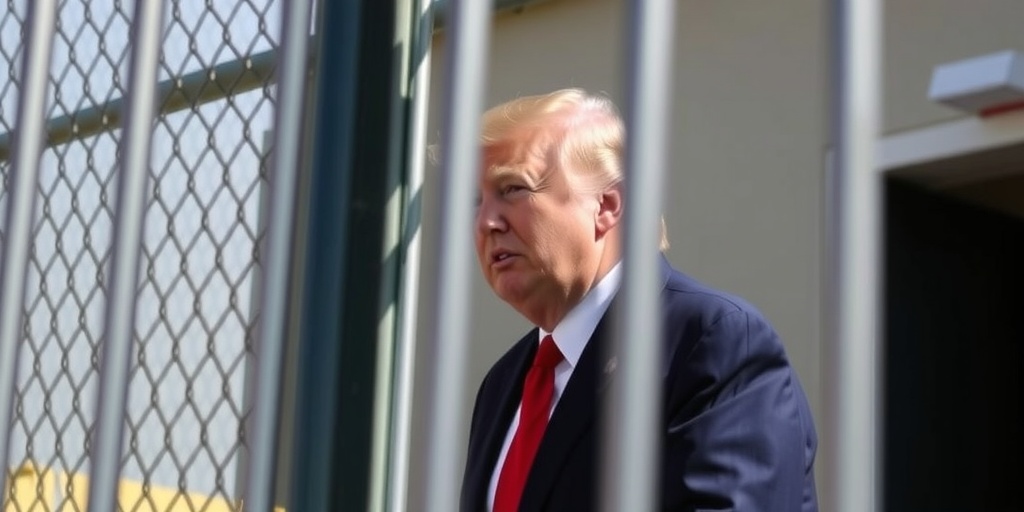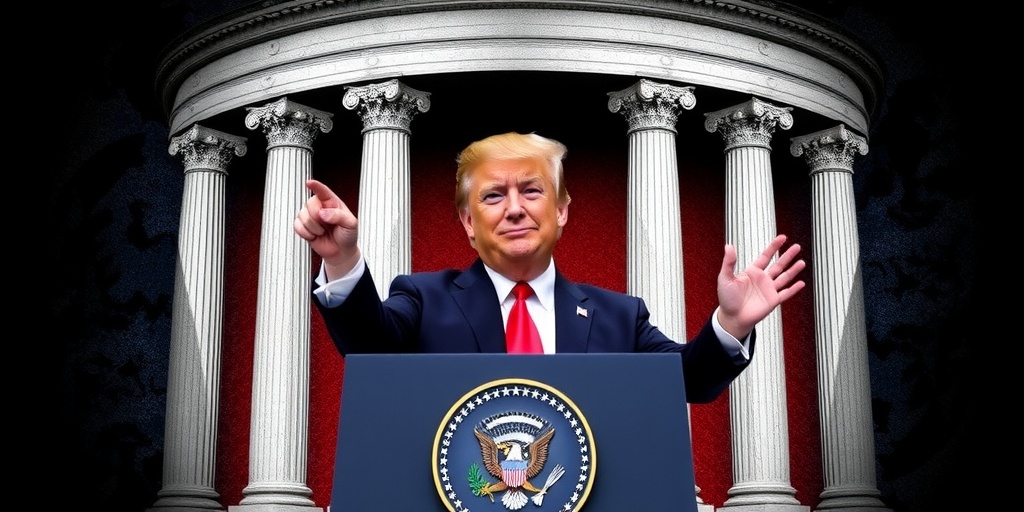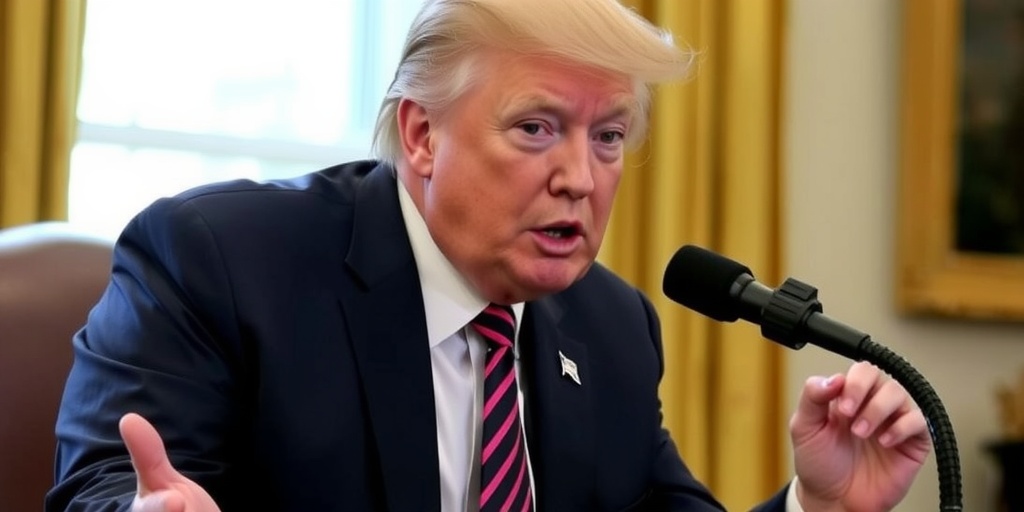Now Reading: RFK Jr. Leads Fight for Chronic Disease Prevention as Key Research Faces Cuts
-
01
RFK Jr. Leads Fight for Chronic Disease Prevention as Key Research Faces Cuts
RFK Jr. Leads Fight for Chronic Disease Prevention as Key Research Faces Cuts

Chronic Disease Research Faces Funding Crisis Under New Health Secretary Robert F. Kennedy Jr.
In a stark warning, Robert F. Kennedy Jr. has described the nation’s health challenges as an "existential threat," pinpointing the alarming prevalence of chronic diseases in the United States. During a Senate hearing in January, after being confirmed as the Secretary of Health and Human Services, Kennedy highlighted that the U.S. grapples with the highest chronic disease burden of any nation worldwide. He is embarking on a tour of the Southwest to promote initiatives aimed at combating chronic illness, with a focus on nutrition and lifestyle changes. However, the reality at the Department of Health and Human Services has raised serious concerns among health professionals.
Since Kennedy’s appointment, several critical grants and programs designed to address chronic conditions like obesity, diabetes, and dementia—recognized as leading public health challenges—are being shut down. Experts in the field express alarm that the elimination of these programs could hinder efforts to tackle significant public health issues that Kennedy has identified as priorities.
Dr. Ezekiel Emanuel, co-director of the Healthcare Transformation Institute at the University of Pennsylvania, characterized the funding cuts as “a huge mistake.” Among the cuts is the much-lauded Diabetes Prevention Program (DPP), which has been instrumental in advancing understanding and treatment of Type 2 diabetes since its inception in 1996. The DPP has provided crucial data, showing that participants who adhered to a healthy diet and regular exercise reduced their risk of developing diabetes by 58%. In a country where diabetes affects approximately 38 million people—costing the health system an estimated $306 billion in direct costs—this program’s termination is alarming.
The cessation of the DPP appears to stem not from its effectiveness, but from administration-related decisions. Originally funded by the National Institutes of Health, the DPP was led by various institutions, including Harvard Medical School and Columbia University. However, after a shift in leadership and focus towards a new investigation into the relationship between diabetes and dementia, financial support vanished. In March, significant funding cuts occurred as part of a broader termination of $400 million in grants to Columbia University, which included the $16 million allocated to the DPP, due to political controversies surrounding the university.
Currently, the researchers involved in the diabetes program are left with incomplete studies, having begun advanced cognitive testing for dementia among participants shortly before their funding was abruptly cut. Dr. Jose A. Luchsinger, a key investigator in the program, expressed frustration over the halted research, which aimed to explore crucial links between diabetes management and cognitive decline.
In addition to the DPP’s challenges, a smaller but equally significant program—the Pediatric Scientist Development Program, which focuses on developing pediatric research talent—is facing similar funding dilemmas. Despite consistently renewing its grant for 40 years, the most recent renewal was shot down for lacking diversity, as reviewers insisted that future applicants must represent a broader spectrum of backgrounds. In response, the program’s leaders rewrote their application to emphasize diversity; however, it was ultimately deemed too misaligned with agency priorities, leading to termination.
Participants of the Pediatric Scientist Development Program have voiced distress over the loss of funding. Dr. Sean Michael Cullen, who was investigating childhood obesity, and Dr. Evan Rajadhyaksha, a specialist exploring vitamin D’s potential role in protecting kidney health in children, find themselves grappling with the implications of the program’s cancellation. As their research initiatives grind to a halt, both are considering the possibility of returning to clinical work without the opportunity to make significant contributions to their fields.
Despite the grim outlook for these vital research programs, Dr. Permar, the program director, remains hopeful. With funding only amounting to $1.5 million annually, efforts are underway to find alternative sources, including appeals to foundations and industry partners. Although the academic and medical community asserts the importance of federal support for long-term viability, the immediate focus has shifted to grassroots fundraising efforts.
“I haven’t given up hope,” Dr. Permar noted while expressing a poignant truth about the funding landscape: “We are looking under every couch cushion.”
As Kennedy’s health initiatives take shape, the discontinuation of critically needed research and funding raises questions about the administration’s commitment to tackling the health crises facing America. For now, many researchers are left in uncertainty, navigating a landscape rapidly shifting under political pressures rather than scientific need. The call for action from the diabetes caucus in Congress may be one of the few pathways remaining to restore vital funding and support for chronic disease research that could directly improve public health for millions of Americans.
Stay Informed With the Latest & Most Important News
Previous Post
Next Post
-
 01New technology breakthrough has everyone talking right now
01New technology breakthrough has everyone talking right now -
 02Unbelievable life hack everyone needs to try today
02Unbelievable life hack everyone needs to try today -
 03Fascinating discovery found buried deep beneath the ocean
03Fascinating discovery found buried deep beneath the ocean -
 04Man invents genius device that solves everyday problems
04Man invents genius device that solves everyday problems -
 05Shocking discovery that changes what we know forever
05Shocking discovery that changes what we know forever -
 06Internet goes wild over celebrity’s unexpected fashion choice
06Internet goes wild over celebrity’s unexpected fashion choice -
 07Rare animal sighting stuns scientists and wildlife lovers
07Rare animal sighting stuns scientists and wildlife lovers





















